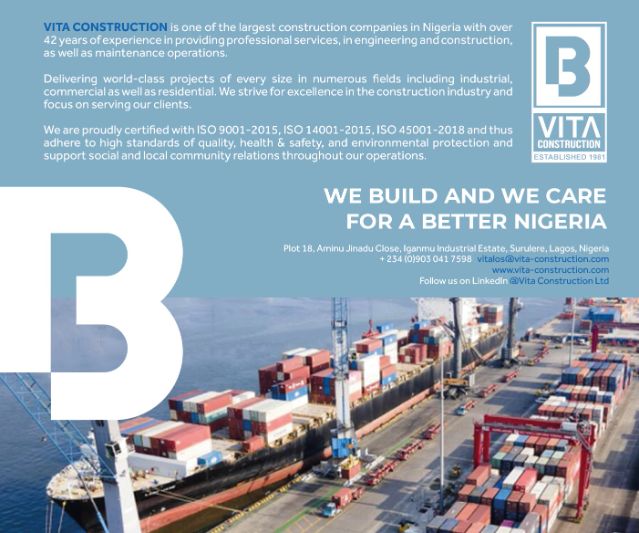The rise of Sweden’s super rich
Konrad Bergström made his fortune in businesses including those that sold headphones and speakers
Sweden has a global reputation for championing high taxes and social equality, but it has become a European hotspot for the super rich.
On Lidingö island there are huge red and yellow wooden villas on rocky cliff tops, and white minimalist mansions with floor to ceiling windows.
Less than half an hour’s drive from Stockholm city centre, this is one of Sweden’s wealthiest neighbourhoods.
Serial entrepreneur Konrad Bergström flicks the light switch in his wine cellar, to reveal the 3,000 bottles he’s got stored there. “French Bordeaux, that’s what I love,” he says, flashing a bright white smile.
Elsewhere, there’s an outdoor pool, a gym upholstered in reindeer leather, and a workshop-cum-nightclub, complete with a large metal urinal.
“I have a lot of musical friends, so we play a lot of music,” explains Bergström. He made his money co-founding businesses including a headphones and speaker company, and this home is one of four properties he owns in Sweden and Spain.
It’s not a surprising lifestyle for a successful entrepreneur, but what might surprise global observers is how many people have become as wealthy as Mr Bergström – or even richer – in Sweden – a country with a global reputation for its leftist politics.
Although a right-wing coalition is currently in power, the nation has been run by Social Democrat-led governments for the majority of the last century, elected on promises to grow the economy in an equitable way, with taxes funding a strong welfare state.
One reason for the rise of the new super rich is Sweden’s thriving tech scene. The country has a reputation as the Silicon Valley of Europe, having produced more than 40 so-called unicorn start-ups – companies worth more than $1bn – in the past two decades.
Skype and Spotify were founded here, as well as gaming firms King and Mojang. More recent global success stories include the financial tech start-up Tink, which Visa acquired for around $2bn during the pandemic, healthcare company Kry, and the e-scooter company Voi.
One of the big factors that’s driven this huge increase in billionaires is that we’ve had, for a number of years, quite a strong inflation in the value of assets,” says Mr Cervenka.
Although top earners in Sweden are taxed more than 50% of their personal incomes – one of the highest rates in Europe – he argues that successive governments – on the right and left – have adjusted some taxes in a way that favours the rich.
The country scrapped wealth and inheritance taxes in the 2000s, and tax rates on money made from stocks and pay outs to company shareholders are much lower than taxes on salaries. The corporate tax rate has also dropped from around 30% in the 1990s to around 20% – slightly lower than the European average.
“You don’t have to move out of Sweden if you’re a billionaire today. And actually, some billionaires are moving here,” says Mr Cervenka.
Back on Lidingö island, Konrad Bergström agrees that Sweden has “a very favourable tax system if you are building companies”. However he says his wealth has a positive impact because his businesses – and homes – provide employment for others.
We have a nanny and we have a gardener and cleaners… and that also gives more jobs. So we shouldn’t forget about how we’re building the society.”
Mr Bergström points out that wealthy Swedish entrepreneurs and venture capitalists are also increasingly reinvesting their money in so-called “impact” start-ups, which have a focus on improving society or the environment.
In 2023, 74% of all venture capital funding to Swedish start-ups went to impact companies. This the highest percentage in the EU, and far above the European average of 35%, according to figures from Dealroom, which maps data on start-ups.
Perhaps the country’s most high profile impact investor is Niklas Adalberth, who co-founded the unicorn payments platform Klarna. In 2017, he used $130m of his fortune to launch the Norrsken Foundation, an organisation that supports and invests in impact companies.
“I don’t have the habits of a billionaire in terms of having a yacht or a private jet or anything like that,” says Mr Adalberth. “This is my recipe for happiness.”
But others argue that Sweden is missing a nuanced public debate about billionaire wealth, beyond a good-bad dichotomy of how entrepreneurs are spending their fortunes.
Recent research from Örebro University concluded that the media image of Swedish billionaires is predominantly positive, and suggested that their fortunes are rarely explained in the context of the nation’s shifting economic policies.
“As long as the super-rich are seen to embody the ideals of the neoliberal era, such as hard work, taking risks, and an entrepreneurial attitude, the inequality behind this is not questioned,” says media researcher Axel Vikström.
Mr Cervenka adds that debates about taxing the super rich are not as pronounced in Sweden as they are in many other western countries, such as the US.
That’s sort of a paradox. One would think that with our background – being perceived as a socialist country – this would be top of mind,” says the author. “I think it has to do with [the fact] that we have become more of a mentality of ‘winner takes it all’.
“That, if you just play your cards right, you can also become a billionaire… And that’s quite a significant shift, I think, in Swedish mentality.”
Sweden’s rich list also reveals that the nation’s wealth remains largely concentrated in the hands of white men, despite the country’s large immigrant population and decades of policies championing gender equality.
“Yes, it’s where people can create new money, create new wealth, but it’s still very closed and the double standards are quite high in terms of who gets their ideas funded,” says Lola Akinmade, a Nigerian-Swedish novelist and entrepreneur. “Sweden is an incredible country that’s a leader in many ways, but there’s still a lot of people excluded from the system.”










